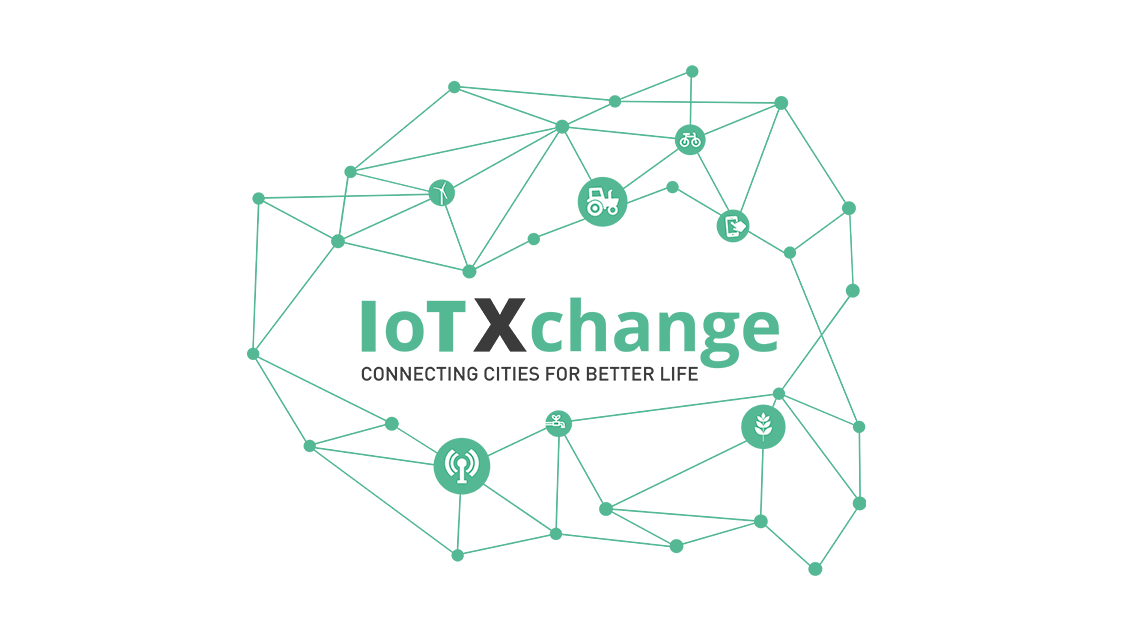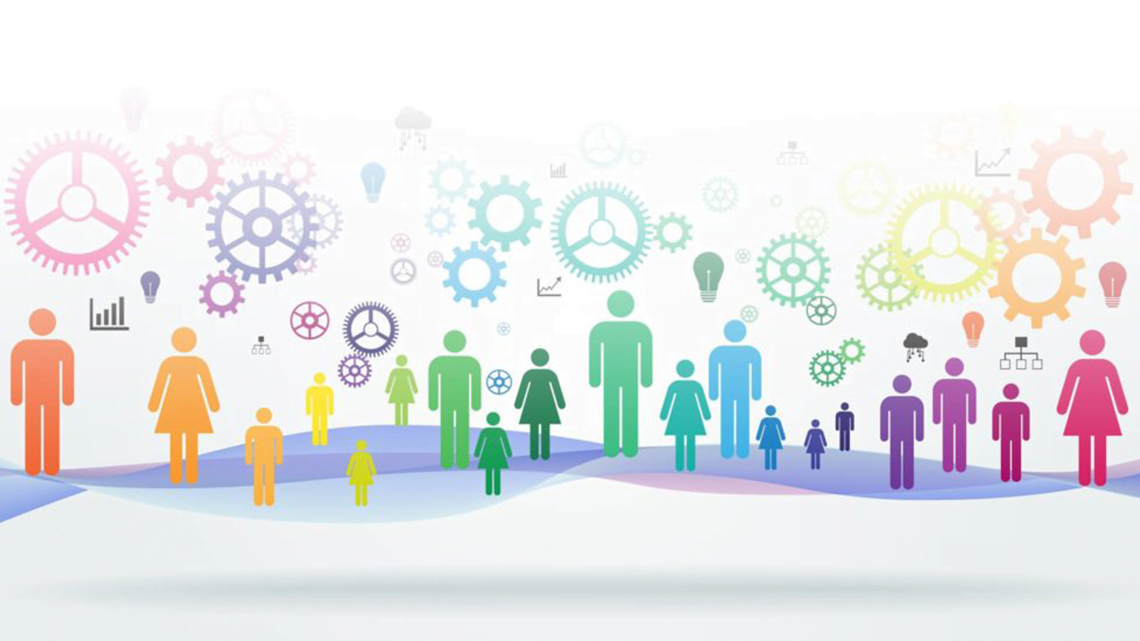 News
News
Evaluating experiences of online co-creation
The first roll-out of our online co-creation evaluation projects was done at the IoTXchange network meeting in Razlog on April 29th. A combination of seven semi-structured interviews with project partners’ staff and an electronic survey to stakeholders yielded interesting results – first impressions on the experience of remote work and co-creation during the pandemic.
Overall, the feeling was that the forced transition had been a shock at first, but different ways and means to cope with the situation were found. The processes for creating integrated action plans were mostly hybrid in one way or another, and while the social interaction of physical meetings was missed, the participants were by and large satisfied with the results. In fact, the participants appeared to have a more positive experience than those responsible for the processes – which of course is a good result, but also may highlight the extra effort and strain that the arrangers have felt. All in all, there are still challenges to meet, but the outlook is promising.
The full results will be available by the time we meet again in Fundao in June, and a playbook with checklists for online co-creation and development, based on data from this project and two others with similar themes, will be available in August.
